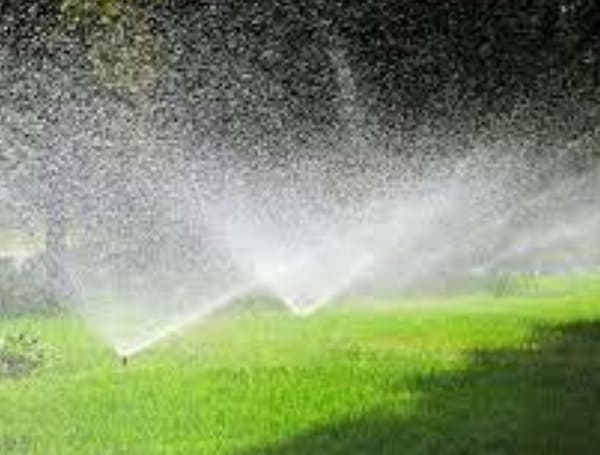
Looking for ways to help save on your household water bill? Wondering how often to irrigate the lawn? Perhaps you are looking at the use of technologies that will help you gauge when and how often to irrigate.
A team of University of Florida researchers at the Institute of Food and Agricultural Sciences (UF/IFAS) has released the Landscape Water Use Survey, which is aimed at homeowners and land managers statewide. The responses will help scientists understand how much the average resident irrigates the landscape and how people learn how to conserve water.
“Every drop counts, and we are hoping to collect data from participants statewide to help us find additional ways to reduce water pollution and further promote water conservation,” said Kimberly Moore, professor of sustainable horticulture and associate director the UF/IFAS Fort Lauderdale Research and Education Center (FLREC). “With the help of survey participants, who will remain anonymous, we will use this information to develop online training videos and continue to make improvements in water conservation messaging and programs for the public at the state and local levels.”
Read: Florida Ag Commissioner Urges Wildfire Preparations
The 30-question survey, which takes about 15 minutes to complete, gives participants the opportunity to share where they stand on various water conservation issues, including their perception of their water bill, how often and when they irrigate their lawn, whether and what type of technology is incorporated into water usage and more.
Currently, UF/IFAS has several programs across Extension as well as the website, UF/IFAS Water Programs that are dedicated to providing consumers with research, tips, videos, county irrigation rebate programs and much more.
Every day, over 3 billion gallons of water are utilized in central and southern Florida, serving the needs of 9 million residents and millions of visitors, according to the South Florida Water Management District.
With growing demands for water, the conventional freshwater source in the region is insufficient to adequately fulfill future requirements at a reasonable cost at the current rate of growth and development in Florida.
“Using water-saving techniques can save consumers money and aid municipalities by reducing the amount of energy used to deliver water to the public”, said Moore. “By minimizing water use, we are preserving our world for future generations and making sure they will have water to live.”
The survey will be available until June 1, 2024.
Help support the Tampa Free Press by making any small donation by clicking here.
Android Users, Click To Download The Tampa Free Press App And Never Miss A Story. Follow Us On Facebook and Twitter. Sign up for our free newsletter.
